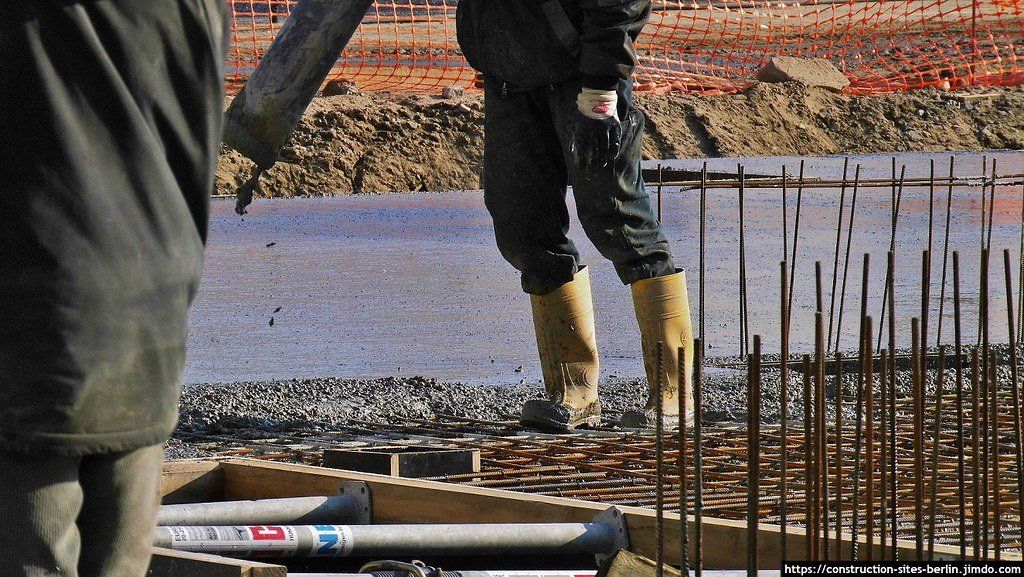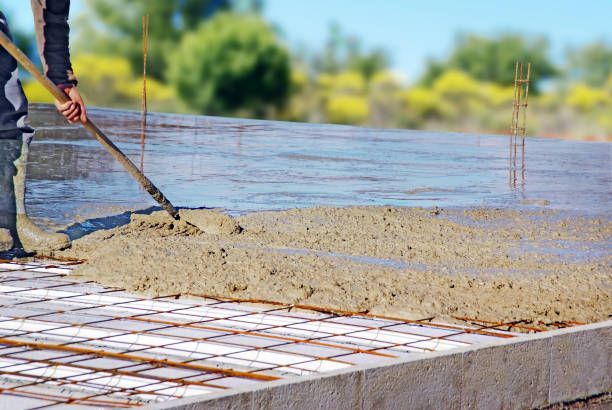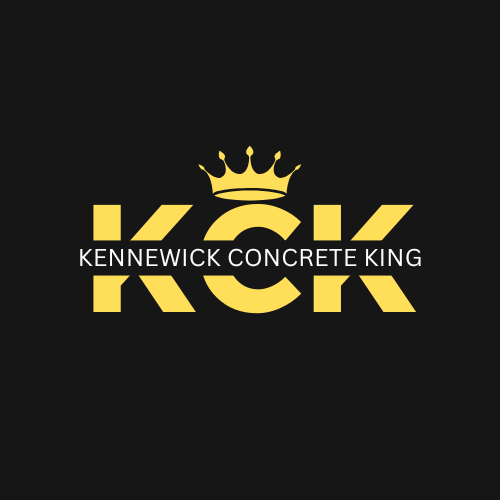Common Types of Concrete Foundation
If you're a homeowner, then you know that there are a lot of things to consider when it comes to maintaining your property. One of the most important aspects of home ownership is having a strong foundation. In this article, we'll discuss the common types of concrete foundations and outline the pros and cons of each. So, if you're thinking about building a new home or replacing your old foundation, be sure to read on!
The Most Common Types of Concrete Foundation
There are three main types of concrete foundations: slab-on-grade, crawl space, and basement. Each type has its own set of pros and cons that you should consider when making your decision.
Slab-on-Grade Foundation
A slab-on-grade foundation is a solid concrete slab that is poured directly on the ground. This type of foundation is typically used in climates where the ground does not freeze. The slab is usually 4 to 6 inches thick and reinforced with steel rebar or wire mesh.
Advantages
- Cost: Generally, slab foundations are the most affordable option when it comes to foundation choices.
- Low Maintenance: Slabs require the least amount of maintenance among all foundation types, adding to their price attractiveness.
- Speed: Slabs are less time-consuming and laborious to construct, resulting in lower expenses (for you) and possibly faster completion times.
Disadvantages
- Costs of Repairs That May Be Extremely High: Foundation repair will be expensive since plumbing systems are installed BELOW the slab, forcing you to first break through the concrete slab in order to access them. The necessity to get below your slab is increasingly unlikely as builders utilize cutting-edge technology like pex plumbing systems, which are increasingly used.
- Bad Weather: Slabs do not provide much protection to your home during storms and other severe weather conditions.
Crawlspace Foundation
A crawlspace foundation is similar to a pier and beam foundation, but it consists of a crawlspace instead of a basement. A crawlspace is a small space between the ground and the first floor of a house that is typically only large enough for a person to crawl through.
Advantages
- Accessible Utilities: The biggest drawback to having a slab foundation is that it's difficult to access your home's wiring, piping, and ductwork. Having a crawl space makes easy repairs and future upgrades possible.
- Warmer Floors: Unlike a slab foundation, the first floor of a house built on a crawl space does not have the same concrete feeling. Because the crawl space is conditioned, the floors tend to be warmer.
Disadvantages
- Prone to Moisture: Though you may have installed a state-of-the-art vapor barrier, mold and fungi can still grow in your crawl space. Be sure to check your crawl space regularly for any indications of moisture problems. At Reinbrecht Homes, our conditioned crawl spaces help keep moisture at bay.
- Little Protection from Storms: Much like slab foundations, crawl spaces offer your home little-to-no protection from harsh weather conditions.
Basement Foundation
A basement foundation is the most expensive and most permanent type of foundation. It is typically 8-10 feet tall and has walls made of concrete, brick, or stone. A basement foundation provides the most headroom and is the best option if you plan on finishing your basement.
Advantages
- More, Lower-Cost Square Feet: You could argue that the biggest perk to having a basement foundation is the extra square footage. Plus, this footage costs way less per square foot than if you were to add it elsewhere in your home.
- Seasonal Living Space: Small homes are often packed with people, requiring extra space outside the house to feel comfortable. By adding a finished basement, you can have an energy-efficient living area that is great for all seasons. You will stay warm during winter and cool in summer while using less energy overall.
- Easy-Access for Repairs: It goes without saying that it's more convenient (and less expensive) for repairmen to make repairs while standing upright rather than crawling through a crawl space or digging into a slab.
- Protection from Storm: Basements provide a great space for you to take shelter from bad weather while also serving as a solid foundation for your home.
Disadvantages
- High Foundation Cost: The most expensive foundation type of the three is a basement, which is naturally the case. If you want to finish that room, it's even more so. Even then, that finished basement square footage will almost certainly be the least costly in the entire house.
- Prone to Flooding: Without a sump pump, your basement is at risk of suffering from water damage due to flooding. The best way to prevent this from happening is by having battery backups, generators, or water-flow backups in place. However, the most effective means of ensuring that your basement stays dry is by making sure there is a natural drainage path present.
- Inadequate Natural Light: If your basement isn't a walkout, you'll have to get creative with how you bring light into the space.
You can choose whether of these three types of concrete foundation you want for your home. Hiring a Concrete Contractor in Kennewick, WA will ensure that your foundation is properly made and will last for many years.
Kennewick Concrete King
When it comes to concrete, you want the job done right. At Kennewick Concrete King, we have years of experience in all aspects of concrete work, from big projects like foundations to small projects like patios. We'll make sure your project is done correctly and to your specifications. Contact us today at (509) 800-5850 for a FREE consultation and to receive FREE advice from our experts!

Your local concrete contractor

